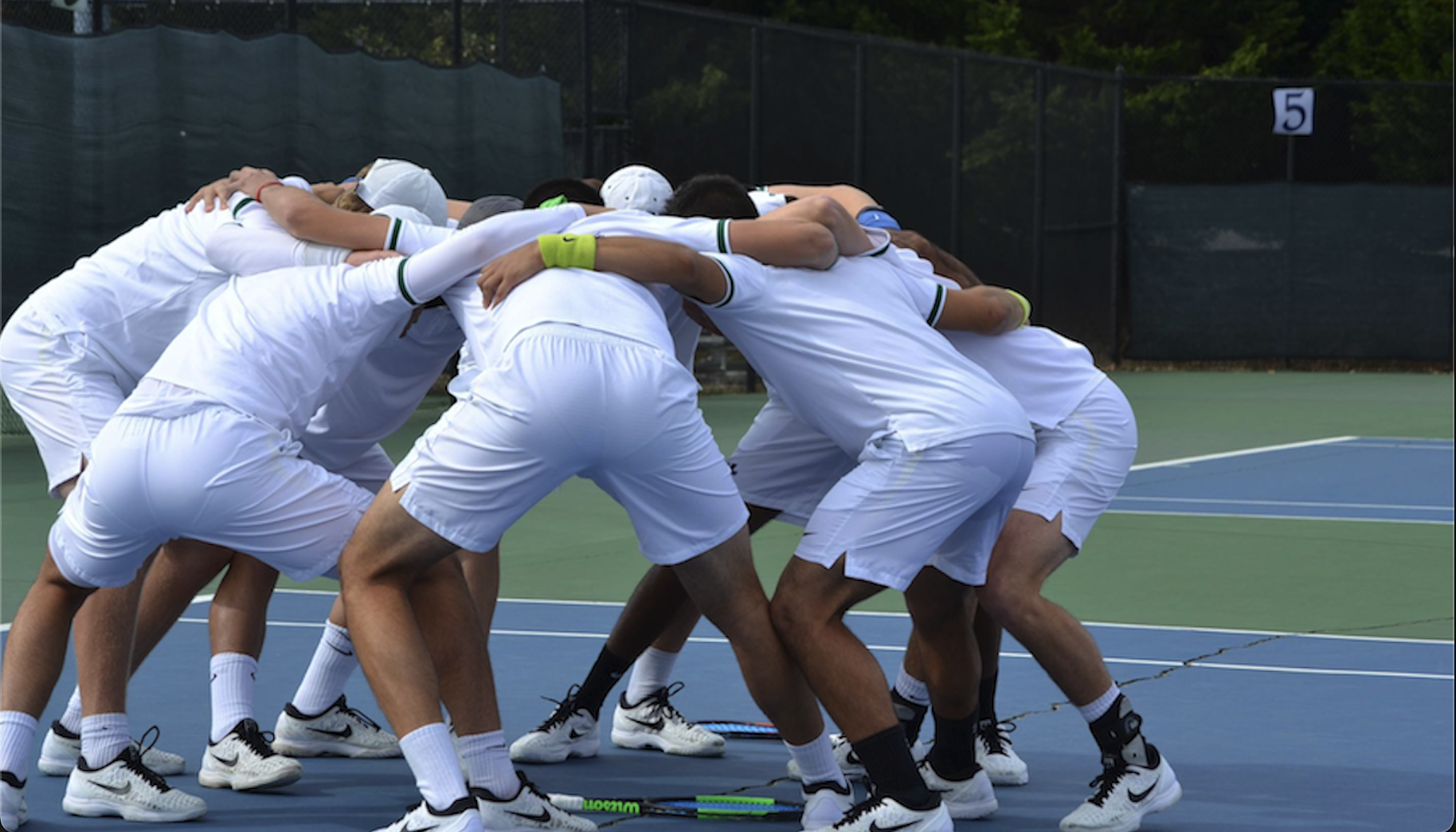The Importance of Teamwork in College Sports
In college sports, the difference between victory and defeat often hinges on the quality of teamwork. It's a dynamic that extends beyond the sum of individual efforts, creating a cohesive unit capable of achieving extraordinary feats. At Student Athlete Journey, we believe in the transformative power of teamwork to elevate both personal and athletic development.
The Foundation of Teamwork
True teamwork in college athletics is built on several key pillars: communication, trust, commitment, support, and respect. Each of these components plays a crucial role in forging a team that's not just a collection of individuals, but a unified entity with a shared vision for success.
- Communication: The lifeline of any team, effective communication ensures strategies are understood, roles are clear, and feedback is constructive.
- Trust: Essential for reliance on each other's abilities, trust within a team fosters a secure environment where athletes can perform at their best.
- Commitment: A dedicated approach to training, improvement, and objectives unites team members towards their common goals.
- Support: Teams thrive in an atmosphere where members uplift each other, providing encouragement through both triumphs and trials.
- Respect: Mutual respect for each other's talents, work ethic, and contributions cultivates a positive team culture.
Enhancing Team Performance Through Teamwork
The synergy of a team that effectively collaborates can significantly amplify performance levels. Such teams are better positioned to strategize, adapt, and persevere through challenges.
- Strategic Execution: A united team can outplay competition through superior coordination and execution of strategies.
- Adaptability: Teams that work seamlessly together can quickly adapt to in-game situations and opponent adjustments.
- Resilience: The collective spirit of a team enhances its ability to recover from setbacks, with every member playing a part in the comeback.
Real-World Teamwork Success Stories
"The strength of the team is each individual member. The strength of each member is the team." — Phil Jackson
The story of the 1980 U.S. Olympic Hockey Team, often dubbed the "Miracle on Ice," exemplifies how underdogs can triumph over seemingly invincible opponents through sheer teamwork and determination. Similarly, the UConn Women's Basketball Team's dominance in NCAA basketball is a testament to sustained excellence achieved through a culture of unyielding teamwork and mutual support.
Building a Culture of Teamwork
Creating a strong team culture requires intentional efforts from coaches, leaders, and team members alike. Activities that promote bonding, clear communication of goals and roles, and leadership development are critical.
- Team-building Activities: These help in forging strong bonds and trust among team members.
- Goal Setting: Clearly defined goals align team efforts and facilitate a shared direction.
- Leadership: Developing leaders within the team encourages accountability and fosters a supportive environment.
Conclusion
Teamwork is the heartbeat of college sports. It's what transforms groups of individuals into championship-winning teams. At Student Athlete Journey, we're committed to fostering the spirit of teamwork, knowing it's not just about sports—it's about preparing for life's challenges and triumphs. As we advance, let's remember the essence of teamwork and strive to embody it in every practice, game, and interaction.
"Alone we can do so little; together we can do so much." — Helen Keller








